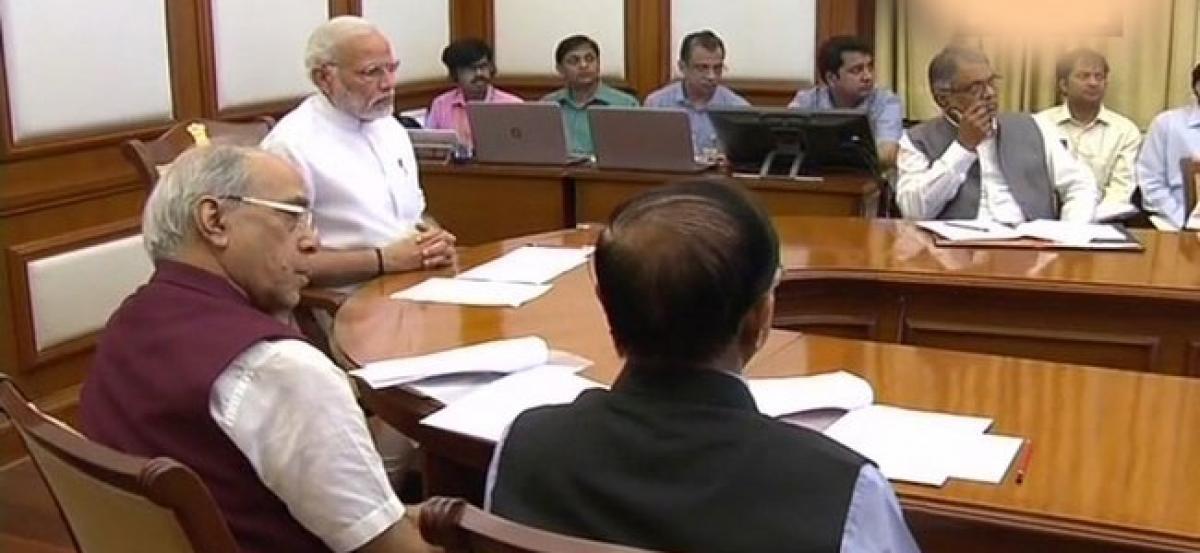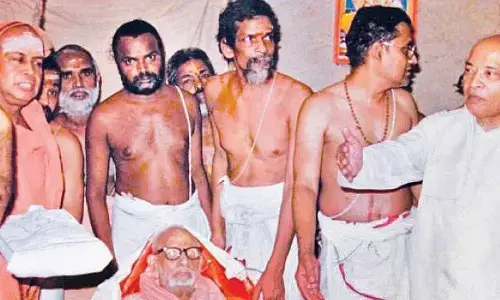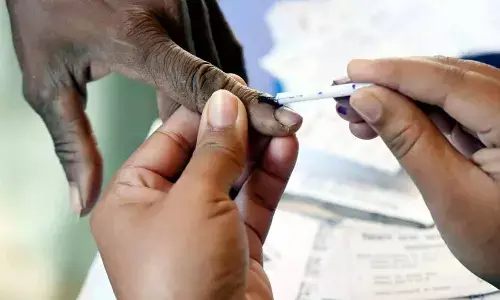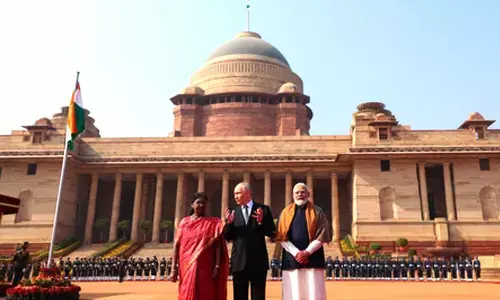Cabinet okays accession to 2 WIPO treaties

The Union Cabinet chaired by Prime Minister Narendra Modi on Wednesday approved the proposal submitted by Department of Industrial Policy and Promotion, Ministry of Commerce and Industry, regarding the accession to the WIPO Copyright Treaty and WIPO Performers and Phonograms Treaty which extends coverage of copyright to the internet and digital environment.
New Delhi : The Union Cabinet chaired by Prime Minister Narendra Modi on Wednesday approved the proposal submitted by Department of Industrial Policy and Promotion, Ministry of Commerce and Industry, regarding the accession to the WIPO Copyright Treaty and WIPO Performers and Phonograms Treaty which extends coverage of copyright to the internet and digital environment.
The approval is a step towards the objective laid in the National Intellectual Property Rights (IPR) Policy adopted by the central government on May 12, 2016, which aims to get value for IPRs through commercialisation by providing guidance and support to EPR owners about commercial opportunities of e-commerce through the Internet and mobile platforms.
Meeting the demand of the copyright industries, these treaties will help India:
To enable creative right-holders enjoy the fruit of their labour, through international copyright system that can be used to secure a return on the investment made in producing and distributing creative works.
To facilitate international protection of domestic rights holder by providing them a level-playing field in other countries, as India already extends protection to foreign works through the international copyright order and these treaties will enable Indian right holders to get reciprocal protection abroad.
To instil confidence and distribute creative works in a digital environment with return on investment.
To spur business growth and contribute to the development of a vibrant creative economy and cultural landscape.
After the administration of Copyright Act 1957 was transferred to DIPP in March 2016, a study was initiated to examine the compatibility of Copyright Act 1957 with WCT and WPPT. Also, a joint study was undertaken with WIPO.
The Copyright Act, 1957 was amended in 2012 to bring it in conformity, with WCT and WPPT, and includes amendment in definition of "communication to the public" to make it applicable to digital environment (Section 2(ff)) as also introduced provisions related to technological and protection measures (Section 65A) and rights management information (Section 65B), moral rights of performers (Section 38B), exclusive rights of the performers (Section 38A) and safe harbour provisions over electronic medium (Section 52 (1) (b) and (c)).
The WIPO Copyright Treaty came in force on March 6, 2002, and has been adopted by 96 contracting parties till date and is a special agreement under "Berne Convention" (for protection of literary and artistic works)It has provisions to extend the protection of copyrights contained therein to the digital environment.Furthermore, it recognises the rights specific to the digital environment, of making work available, to address "on-demand" and other interactive modes of access.
The WIPO Performances and Phonograms Treaty came in force on May 20, 2002, and has 96 contracting parties as its members.WPPT deals with rights of two kinds of beneficiaries, particularly in digital environment - (i) Performers (actors, singers, musicians etc.) (ii) Producers of Phonograms (Sound recordings). The treaty empowers right owners in their negotiations with new digital platforms and distributors. It recognises moral rights of the performers for the first time and provides exclusive economic rights to them.
Both the treaties provide a framework for creators and right owners to use technical tools to protect their works and safeguard information about their use i.e. Protection of Technological Protection Measures (TPMs) and Rights Management Information (RMI).

















